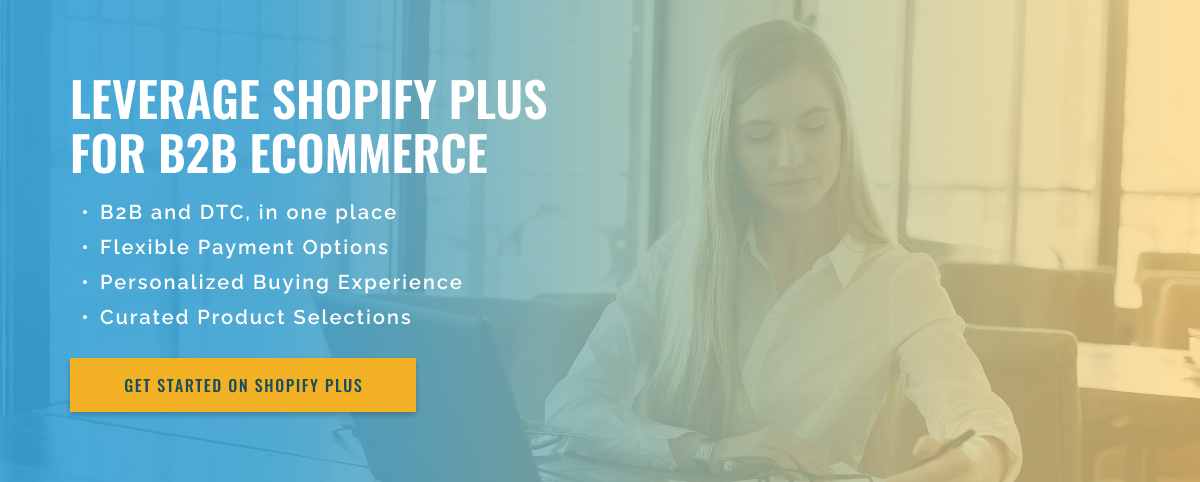3 minute read
Customizing Shopify: Meeting the Needs of B2B Buyers
Shopify is a well-known eCommerce platform that has gained immense popularity in recent years due to its easy-to-use interface and customizable features. Although known for serving the needs of online retailers, many people are unaware of the company’s capabilities in serving B2B (business-to-business) buyers. In this article, we’ll explore Shopify’s features and functionalities and evaluate how customizable they are to meet the unique requirements of B2B buyers.
One of the biggest concerns for B2B buyers is the ability to personalize their purchasing experience. From setting custom prices for different customers to creating unique product catalogs, Shopify offers a variety of features that help businesses tailor their online store to their needs. Using Shopify’s flexible and accessible coding language, buyers can easily customize their store themes and layouts to create a more professional and personalized B2B interface.
Another essential factor for B2B buyers is the need for an agile purchasing process. Shopify offers businesses an easy and convenient way to create a seamless purchasing process. The platform allows buyers to set up multiple payment options, create payment terms, and offer recurring billing. This is especially useful for companies that deal with long-term contracts and regular orders, making the purchasing process more efficient and convenient for buyers.
Additionally, Shopify’s robust inventory management system helps B2B businesses track their products, manage inventory levels, and fulfill orders efficiently. With the ability to add multiple variants for a product, B2B companies can offer their customers different product and pricing options.
Shopify’s detailed reporting and analytics tools provide valuable insights into buyer behavior, helping businesses identify patterns and make informed decisions to improve the overall B2B shopping experience.
Furthermore, Shopify offers several apps and integrations that can add specific functionality to the store, further customizing the platform for B2B buyers. For example, Shopify Plus, the enterprise version of Shopify, offers advanced B2B features like custom pricing, purchase orders, wholesale accounts, and more.
In short, Shopify is highly customizable and its features and functionalities can easily meet the unique demands of B2B buyers. With its easy-to-use interface, coding language, and set of tools and apps, Shopify provides a robust, comprehensive platform for businesses to meet the needs of their B2B customers. Its customizable features make it the best choice for B2B companies looking to improve their online presence and provide their customers with a personalized shopping experience.

